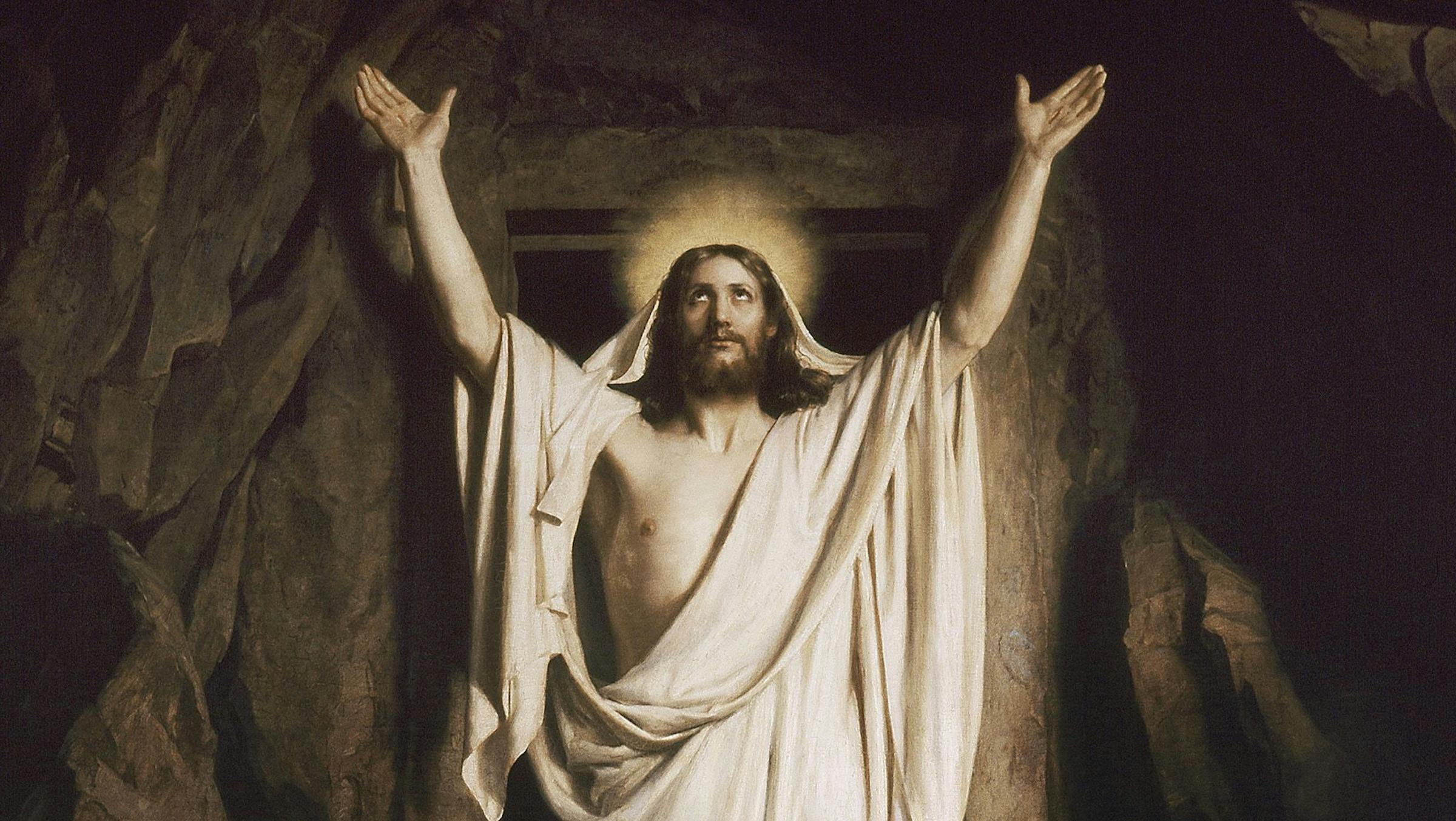Let's face it: no-one will ever have a comeback tour like Jesus. After only a three-day hiatus caused by dying on the cross for the sins of mankind, the King Of Kings rose from the grave to give us life eternal with the sacrament of his body and blood (a lot like Dracula). He then started a two-millennium reunion tour that saw words of his exploits and power travel to every corner of the Earth, increasing his flock about a billion-fold and inspiring countless brilliant thinkers and artists, most notably Stryper.
But while it's impossible for your average band to beat J-Chrizzle on the reheat, there have been a handful of pretty incredible comeback stories in rock and metal. Whether due to pressure from fans, chilling out in their old age, or just finding new creative inspiration after they thought they'd lost it, these acts all decided to rage against the dying of the light and take the stage together once more, to their excitement of their devoted flock.
Here are the 14 best comebacks in rock and metal history...
